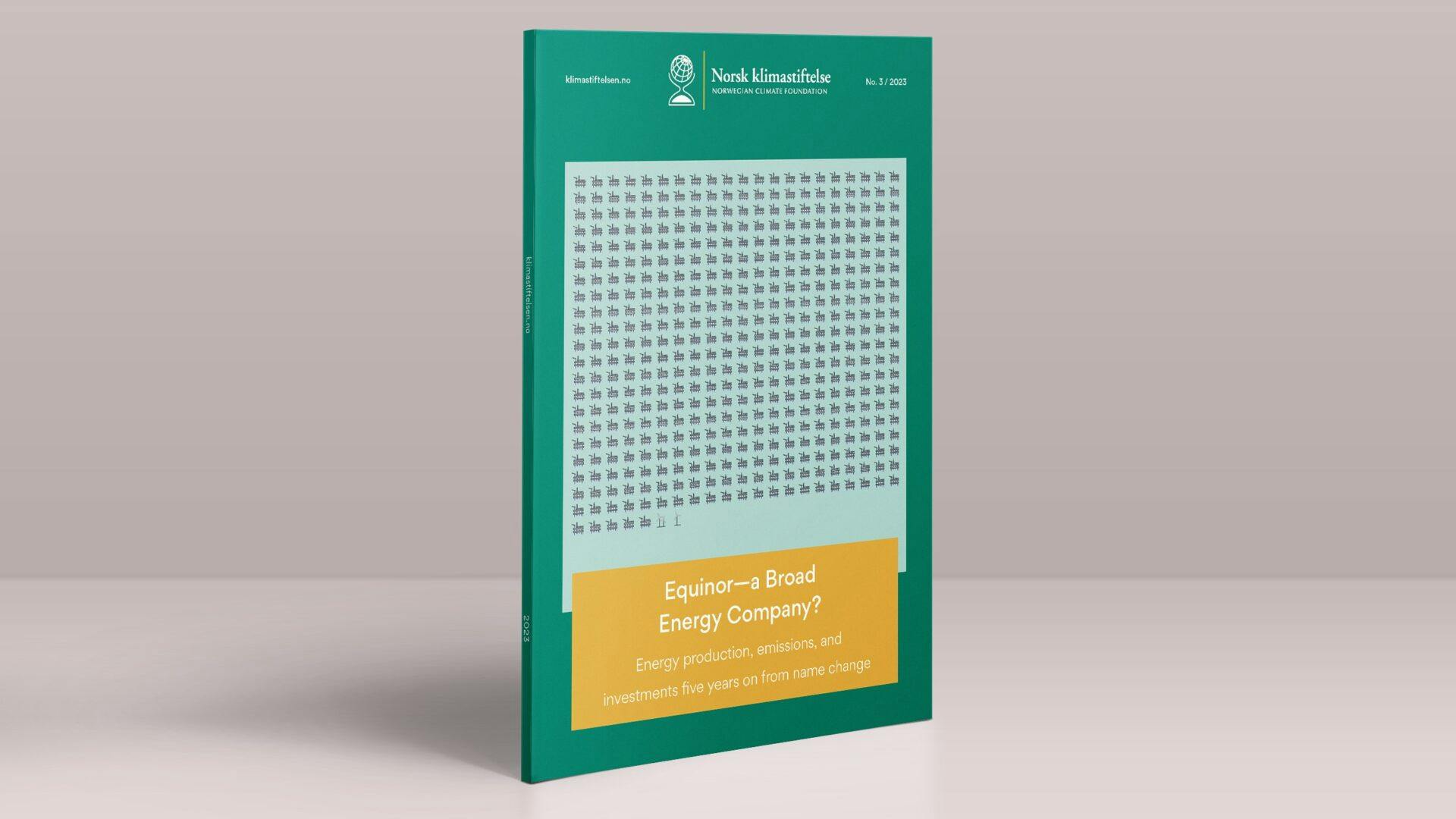Publisert:
In the spring of 2018, the predominantly state-owned Norwegian petroleum company, Statoil, changed its name to Equinor. «The name change is a natural follow-up to the strategy we presented last year, where we laid the foundation for a shift from a focused oil company to a broad energy company», said then-CEO Eldar Saetre.
Five years later, it is unfortunately necessary to acknowledge that the transition has been delayed. At the end of 2022, 99.6% of the energy produced by Equinor was oil and gas, according to a report by the Norwegian Climate Foundation, using Equinor’s own data. Renewable energy accounted for only 0.4%.
«There is a huge gap between rhetoric and action. Equinor actively promotes the green transition, creating an impression through social media, advertising, and conferences that suggests the company has significantly increased efforts in renewable energy, carbon capture and storage (CCS) and hydrogen. However, the numbers reveal a different reality», says CEO of The Norwegian Climate Foundation, Lars-Henrik Paarup Michelsen.
He points out that Equinor’s renewable capacity has been unchanged since 2018. By the end of 2022, Equinor had 0.6 gigawatts (GW) of installed renewable energy capacity. This is precisely the same as in 2018. The company’s ambitions are to increase its renewable capacity to 12–16 GW by 2030. In comparison, Danish Ørsted, Spanish Iberdrola, and French TotalEnergies have targets of 50, 80 and 100 GW of installed renewable capacity respectively by 2030. Last year, 13 percent of Equinor’s investment funds went towards renewable energy and 1 percent towards low-carbon solutions such as carbon capture and storage (CCS) and hydrogen – whereas 86 percent were invested in oil and gas.
«Even though Equinor wants to grow its renewable business, the company’s strategy for 2030 also includes an oil and gas production at current levels. This will require significant investments in fossil fuel production, and tie up large human resources and expertise, for many years», according to Paarup Michelsen.
«It is time for Norwegian politicians to ask themselves, whether Norway, with a goal of reducing its greenhouse gas emissions by 90–95 percent before 2050, can afford to have a state-controlled energy company like Equinor not being more wholeheartedly committed to a faster energy transition. With its enormous financial and human resources, Equinor could be a driving force for more renewable energy and the creation of new, green value chains that the world needs, but they have chosen not to be», says Paarup Michelsen.
One of the recommendations of the government-appointed expert committee Climate Committee 2050 is to prepare a strategy for the final phase of Norwegian petroleum activities, which also considers the state’s role as owner of Equinor.
«This is a wise recommendation. Perhaps it is time to accept that Equinor is and and will always be an oil and gas company. One strategy going forward is to let the company concentrate on producing oil and gas as long as it is profitable. Completely different actors than oil and gas companies must do the job of increasing the pace of the green energy transition.»
